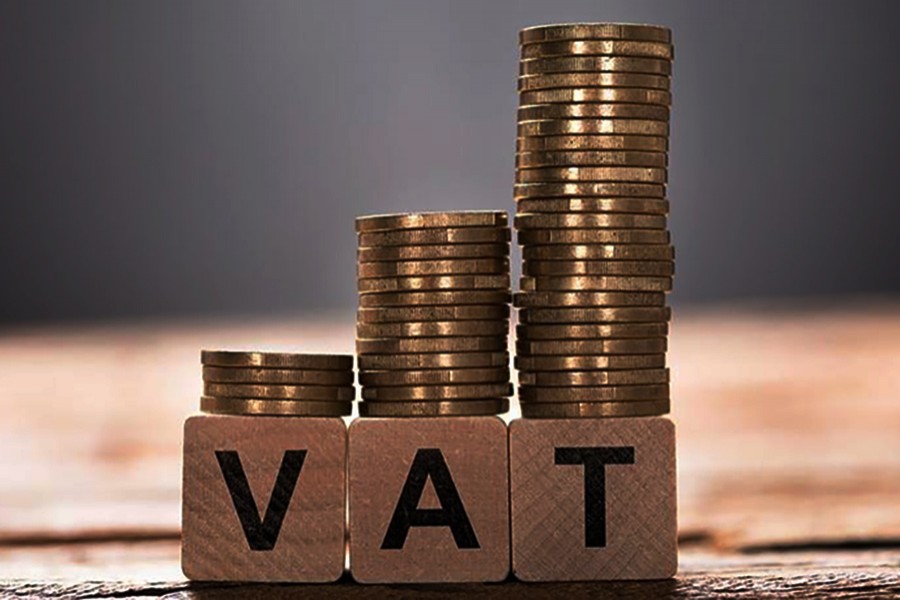The customs intelligence has recently identified a number of commercial entities that have procured electronic BINs (business identification numbers) posing as manufacturers to evade due duty and taxes.
Investigation is now on against a number of suspected fake e-BIN holders which have imported a large volume of cigarette paper, customs officials said.
As per the existing law, commercial importers are not entitled to have tax benefits enjoyed by manufacturer-importers.
Officials concerned said a number of importers have availed the tax benefit by providing fake information while obtaining electronic BINs or e-BINs.
The National Board of Revenue (NBR) has decided to gradually put them under close scrutiny of customs and VAT (values-added tax) wings.
In an investigation, the FE found evidence that some importers used fake BINs to reap tax benefits.
Messrs Anika Enterprise, having BIN 001078887, imported cigarette paper from July 16 to November 16 last year.
The firm availed the VAT-free facility following import of cigarette paper. During scrutiny the VAT offices concerned could not locate the importer.
They suspect that the importer being not a manufacturer disposed of the imported paper in the local market.
The NBR has handed the case to the customs intelligence and investigation directorate for a detailed enquiry through collecting their bank statements and other documents.
Another importer, Amena Traders bearing BIN 301771035, imported paper under Chittagong VAT commissionerate on March 20, February 11, January 17, January 02 this year and December 28 last year.
Ahmed Brothers, a clearing and forwarding agency (AIN 301771035), got the goods released from the Chittagong port.
The NBR has sent the cases to the customs intelligence for further investigation.
Officials said around half of the new VAT registration (BIN) holders provided fake information while procuring BINs. These firms remain a serious threat to the NBR's VAT collection target.
A total of 163,000 businesses have so far obtained e-BINs since March 2017.
According to four VAT commissionerates-north, south, east and west-in Dhaka division, more than 50 per cent of the new BIN holders could not be traced.
Seeking anonymity, a good number of VAT officials shared with the FE their operational problem with fake BIN holders.
"It is not possible for us to trace BIN holders or remove the fake BINs in the last quarter (April-June) of the current fiscal year," they maintained.
The officials are now under severe pressure to meet revenue collection targets.
Until this February, VAT collection fell short of target by Tk.158.10 billion, the highest shortfall among the three NBR wings.
Even the International Monetary Fund (IMF) recently said the online VAT registration system lacks functionality to automatically verify an applicant's identity.
The NBR launched e-BIN with the intent to issue it instantly upon application by a business establishment.
Later, it halted instant issuance of BIN after VAT officials detected dozens of fake BINs.
VAT officials now verify BIN applications before issuance. It takes three to four days to issue a e-BIN.
Abdul Kafi, former VAT commissioner and VAT consultant, said a vested quarter has seized the opportunity to evade VAT by furnishing false information.
"Actually, we have still to prepare ourselves for instant issuance of a BIN. Tax payment culture has not fully developed in the country," he added.
Mr Kafi suggested gearing up enforcement of VAT administration to ensure compliance with VAT payment.


